Amnesty International has called on the Vice Chancellor of the University of Ibadan, Professor Kayode Adebowale, to immediately lift the suspension of three students penalised for engaging in a peaceful protest against a proposed hike in school fees.
In a letter dated July 14, 2025, the human rights organisation raised serious concerns about alleged violations of the rights of Aduwo Ayodele (Department of History), Nice Linus (Faculty of Law), and Mide Gbadegesin (Institute of African Studies). Amnesty International demanded their immediate reinstatement and an end to any further victimisation.
According to the organisation, the students had submitted a petition on July 11, 2025, detailing their treatment during a protest held in 2024 at the inauguration of the 2023/2024 Students’ Union executives. They recounted how they silently raised placards with the message #FeesMustFall as the new president was about to speak, in opposition to the planned fee increment.
The students maintained that their protest was peaceful—they did not chant slogans, shout, obstruct movement, or disrupt the event. Despite this, they were allegedly dragged out of the venue by the university’s internal security officers, assaulted, and handed over to the Nigerian Army.
Following this incident, the university accused the students of gross misconduct and subjected them to two disciplinary hearings. The most recent hearing, held on July 14, 2025, resulted in a suspension of four semesters.
Amnesty International criticised the process, describing it as intimidating and designed to suppress dissent rather than promote justice. The organisation stated that the actions of the students were well within their constitutionally protected rights to freedom of expression and peaceful assembly.
“The raising of placards against school fee hikes is an exercise of their rights and does not fall within any lawful restrictions,” the letter read.
The group reminded the university that these freedoms are guaranteed under the Nigerian Constitution and various international human rights instruments. Amnesty insisted that such rights can only be restricted in specific cases related to national security, public safety, or similar justifications—not peaceful protest.
Amnesty International’s key demands include the reversal of the suspension, full reinstatement of the students, and assurance that they are not subjected to further harassment. The organisation stressed that denying the students their education amounts to a violation of their right to academic development and free expression.
It concluded by urging the University of Ibadan to uphold justice, accountability, and human rights in its dealings with students and other members of the academic community.



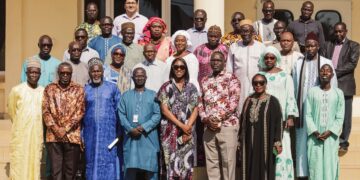



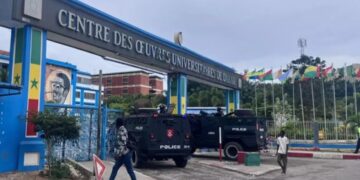






















































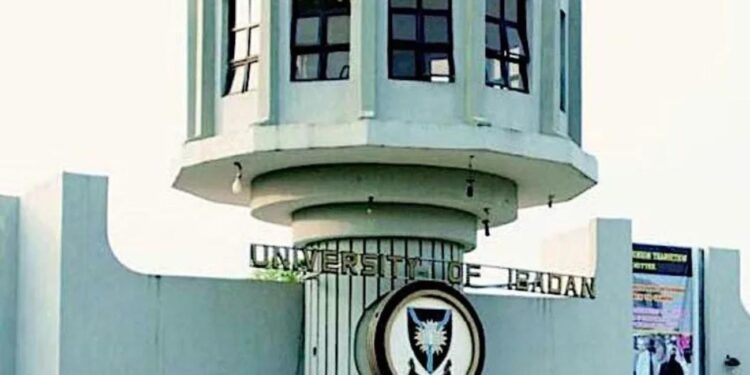




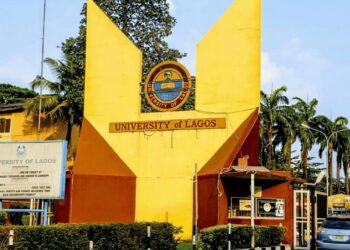
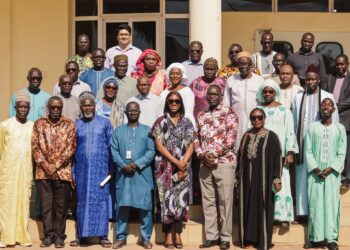
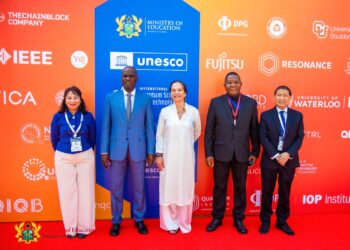


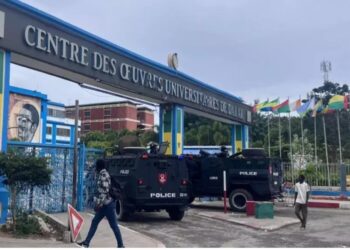









 EduTimes Africa, a product of Education Times Africa, is a magazine publication that aims to lend its support to close the yawning gap in Africa's educational development.
EduTimes Africa, a product of Education Times Africa, is a magazine publication that aims to lend its support to close the yawning gap in Africa's educational development.